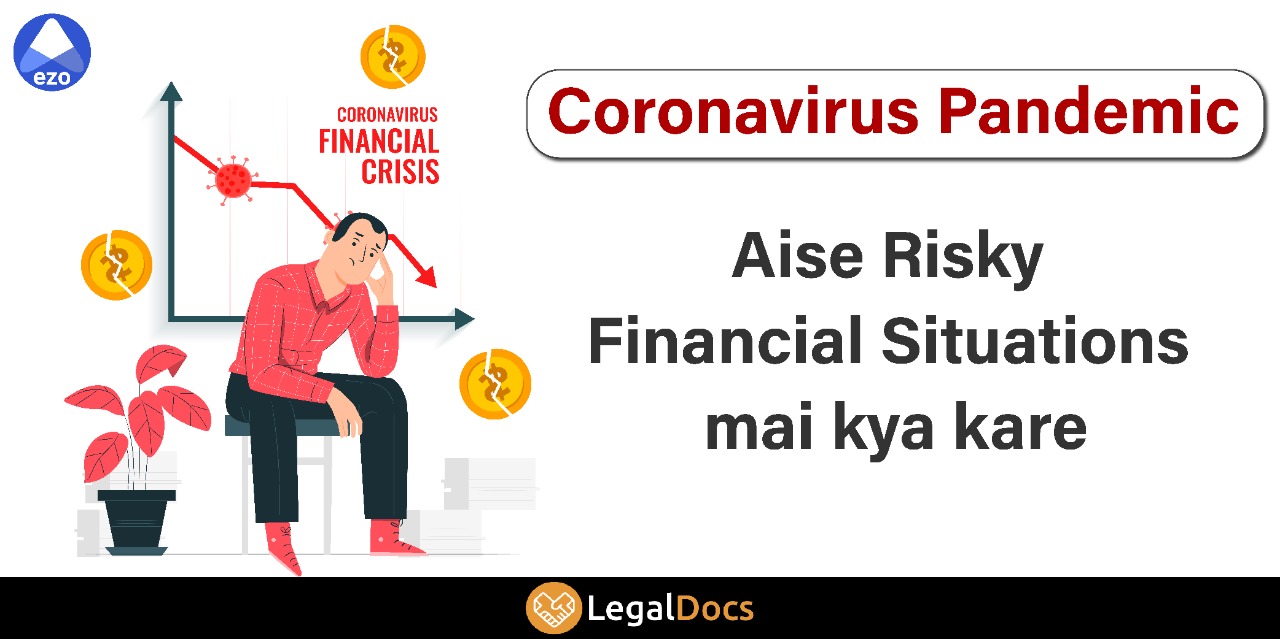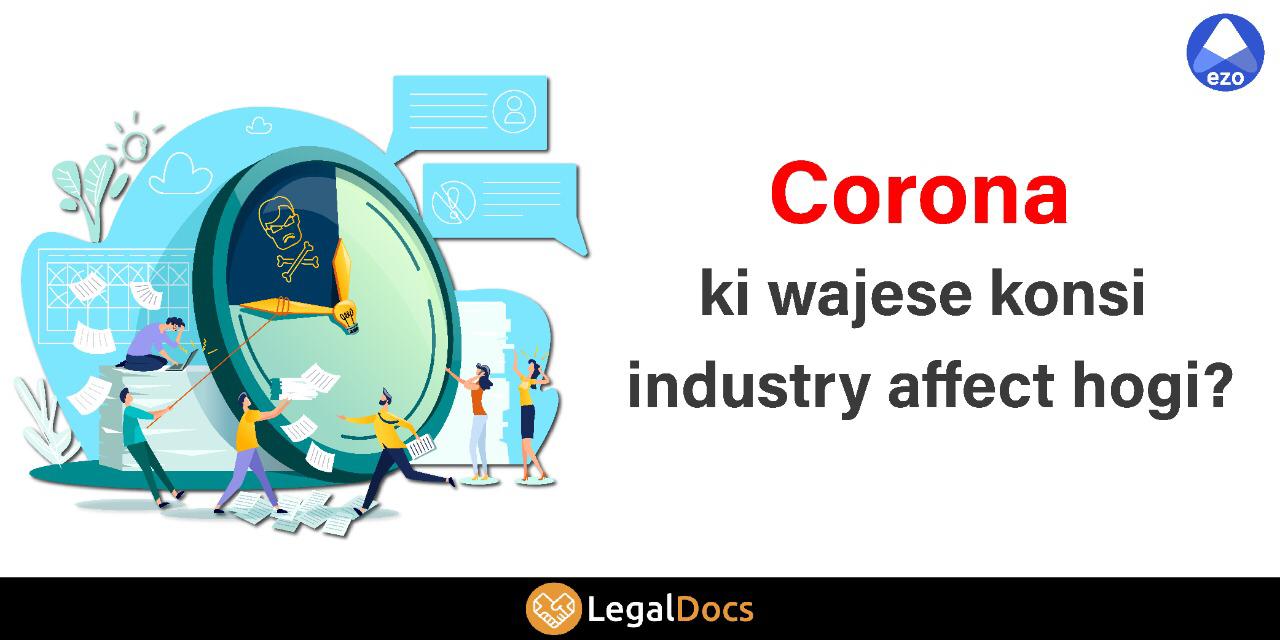Coronavirus Pandemic - What to do in Risky Financial Situations?
There are many investing and trading tricks that give the illusion of working well when the markets are going up or at worst, dropping in a routine manner. When the stresses become very large, then the underlying flaws show up.
The fast-spreading coronavirus has triggered extreme gyrations in various asset classes from equity, debt markets to even a safe haven like gold. The benchmark Sensex has tanked nearly 30 percent from its all-time high. Fixed income products have witnessed a sharp fall in interest rates.
Debt funds suffered heavy redemptions after bond yields rose. It has fallen only recently after the RBI reduced the repo rate by 75 basis points, while gold is trading near lifetime high after a steep fall in March.
For Rebalancing your portfolio you have two options:
If you have no extra funds to invest, you may shift the funds from assets whose proportion has gone up towards the assets whose proportion has come down.
If you have surplus funds, you can invest it in the asset whose proportion has come down.
No matter which option you choose, the target remains to reach the desired portfolio allocation.
Goal-based Investment
The ongoing correction in the market must be looking alluring in terms of equity investment, considering the stock market witnessed a sharp jump after prolonged and deep correction. However, you should go back to your original asset allocation when rebalancing your portfolio irrespective of how a particular asset is expected to perform shortly.
If your goals are very near (about one-two years), you just cannot afford to take the risk of investing in volatile assets, no matter how promising it may appear.
Equities for Long-Term Goals
If you are aiming for goals that are just two-three years away, you should prefer debt instruments. Although debt instruments are relatively safer, not all are without risks. Risk-averse investors should prefer investing in FDs, PPFs and small savings schemes. Although interest rates on small savings schemes have been cut, these instruments still offer decent returns.
strictly avoid credit risk funds or the ones from sectors such as infrastructure and metal where the risk of default is higher due to coronavirus-induced slowdown.
What about Gold and Real Estate?
Although most Indians prefer investing in gold, it should not be the core of your investment. It is better to avoid targeting a life goal around gold investment. With gold near all-time highs, your allocation may have gone above 10 percent. You may divert the excess gold investment in equities to rebalance the portfolio.
So far as real estate is concerned, most financial planners advise investing in it only for residential purposes. One can't compare real estate with other financial assets. Liquidity has always been the biggest challenge, which has become even bigger an issue now. "Selling property at this point would be challenging considering the current situation. Even before the coronavirus crisis, the situation was none too good. One could consider doing this after the crisis has blown over when the chances of success are higher."
 Knowledge Center
Knowledge Center


























LEAVE A REPLY: